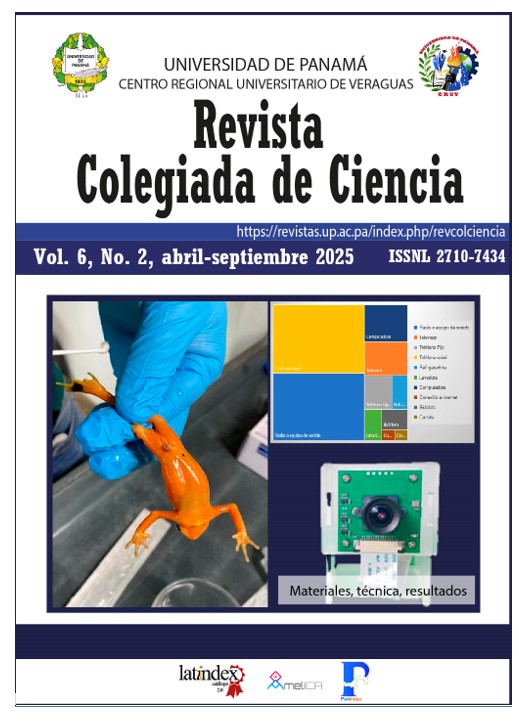

The main objective of this research is to understand the main current trends in business incubation. This paper focuses on investigating the experiences of different incubators around the world, their fundamental stages and processes, as well as variations in their operation during incubation. This task is conceived with the aim of strengthening the sustainability and growth of emerging projects or business ideas. The research conducted allows us to conclude that an entrepreneurial ecosystem refers to the set of elements and entities that interact with each other to foster favorable conditions for new ventures to have a greater chance of success. Therefore, the entrepreneur is understood as the central figure of the ecosystem, and business incubators are understood as the actor within it that helps combine innovation and entrepreneurship, providing the necessary support for a startup project, ensuring its accelerated growth and subsequent success in the market. Therefore, the entrepreneur is understood as the central figure in the ecosystem, and business incubators as the actor within it who helps combine innovation and entrepreneurship, providing the necessary support for a startup project, ensuring its accelerated growth and subsequent market success. Through an exhaustive literature review, the fundamental stages of the process are identified: pre-incubation, incubation, and post-incubation. The analysis concludes that the services offered to graduating companies are geared toward sales, marketing, and the development of new products and services—that is, they are more oriented toward competitiveness and commercialization—while those offered during incubation are more focused on the entrepreneur and the business itself. The studies do not clarify whether incubators are aware of these issues, so post-incubation programs will always be a topic worth exploring in more depth.